- DMG Editorial: A Parliament Without the People Cannot Govern Arakan
- Displaced Arakanese struggle to rebuild homes leveled by junta airstrikes
- India suspends Arakan trade route for two months after death of truck driver in Paletwa
- Landmine, ERW casualties rising in Arakan State amid ongoing conflict
- Eight children killed or injured in two days of shelling, UXO blasts in Hpakant
State Counsellor urges compromise, lays out post-2020 plan in UPC opener
State Counsellor Daw Aung San Suu Kyi urged the military and ethnic armed groups that are signatories to the Nationwide Ceasefire Agreement (NCA), as well as those that are not yet, “to tightly hold the emerging opportunities from the peace process,” in opening remarks at the fourth session of the Union Peace Conference – 21st Century Panglong on August 19.
19 Aug 2020
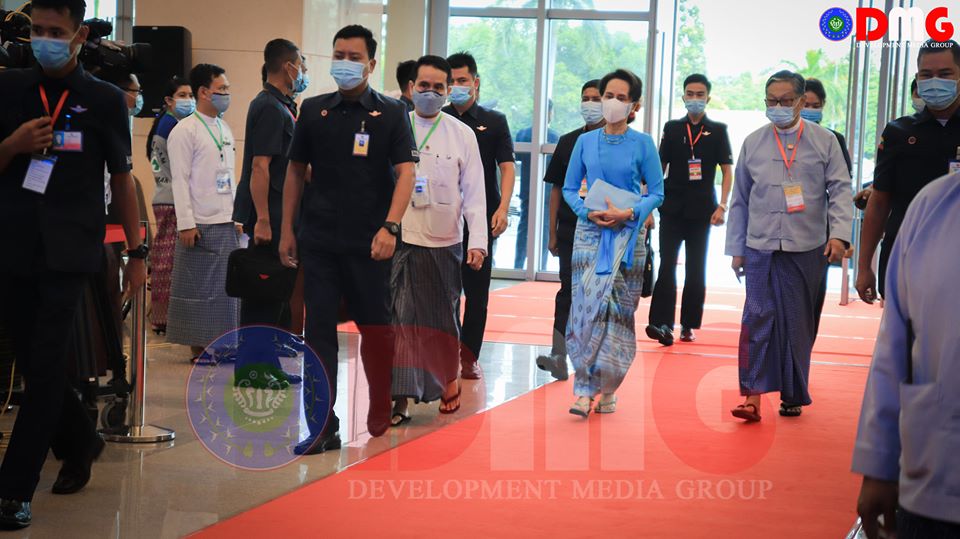
Aung Htein | DMG
19 August, Sittwe
State Counsellor Daw Aung San Suu Kyi urged the military and ethnic armed groups that are signatories to the Nationwide Ceasefire Agreement (NCA), as well as those that are not yet, “to tightly hold the emerging opportunities from the peace process,” in opening remarks at the fourth session of the Union Peace Conference – 21st Century Panglong on August 19.
Calling peacemaking “a noble deed,” she acknowledged that one impact of the country’s armed conflicts was distrust and suspicion among different stakeholders.
“One reason for having a lack of trust is because of the absence of the willingness to do ‘give and take’ and compromise,” she said, according to a transcript of her speech published in state-run media.
“You will see, along the history, there is no attitude to adopt give and take after thinking that the practice of give and take is a kind of surrender,” Daw Aung San Suu Kyi continued. “There are also some instances where some people think erroneously that to compromise is to admit defeat. It is important to show practically that it could be beneficial for the Union by exercising ‘give and take’ and compromise.”
Describing seven decades of internal conflict as the “evil routes” of the past, she portrayed the present and future as a binary choice between war and peace.
“We have two options in front of us. Which road will be taken?” she said. “We can choose one of those; we need to have serious consideration at the junction about the future of our Union; before making a step forward, it is required to think about the Union and the younger generations of national people living in this Union.”
She added that, as part of peacemaking efforts going forward, the government would continue to engage with NCA signatories and those ethnic armed groups that have not yet signed the accord.
Looking beyond 2020 — with an election in November that may shake up the government and the UPC negotiating team — Daw Aung San Suu Kyi said the foundations had been laid for continuity in the peace process regardless of the upcoming vote’s outcome.
“The NCA is the initial step for national reconciliation and peace; the present government have [sic] paved a new way for implementing the step by step processes in the post-2020; it would be the way for any new administration for peace and establishment of a Democracy Federal Union,” she said, according to the state media translation.
The ethnic armed groups that have yet to sign the NCA are the United Wa State Army; National Democratic Alliance Army; Kachin Independence Army; Myanmar National Democratic Alliance Army; Ta’ang National Liberation Army; Shan State Progressive Party/Shan State Army; and Arakan Army.
Although the government has designated the AA as a terrorist group, it has not closed the door for the AA to conduct peace negotiations, presidential spokesperson U Zaw Htay has said. However, the AA was notably absent from the fourth session UPC invite list.




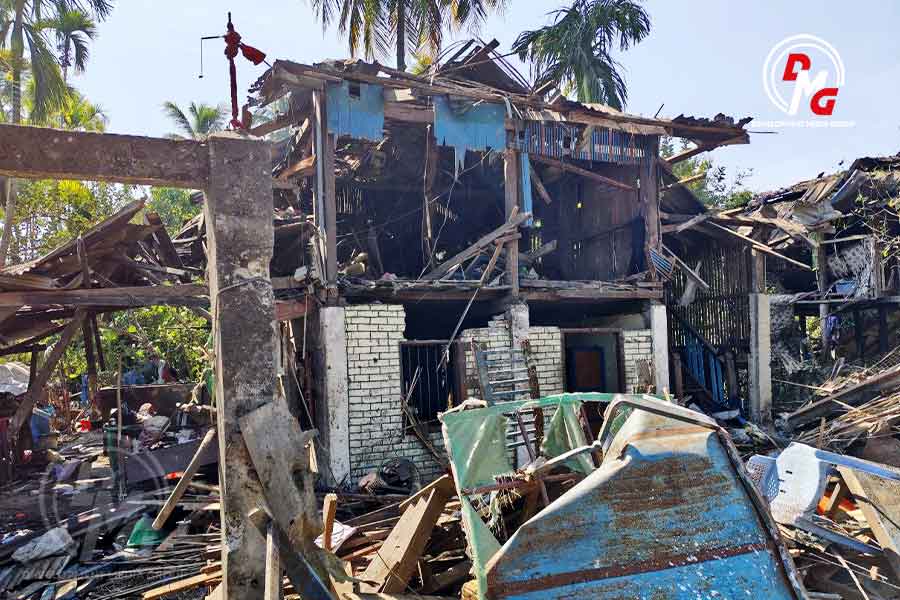
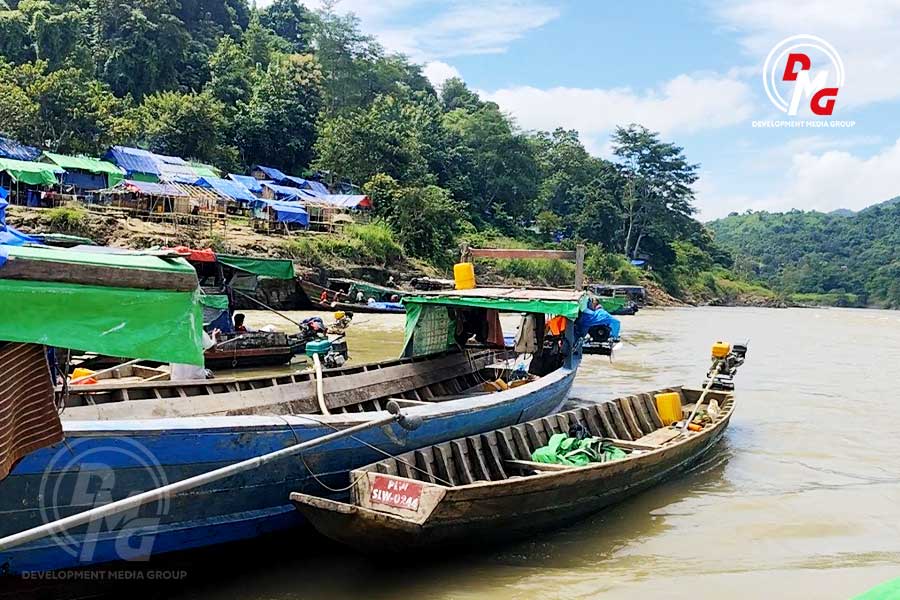
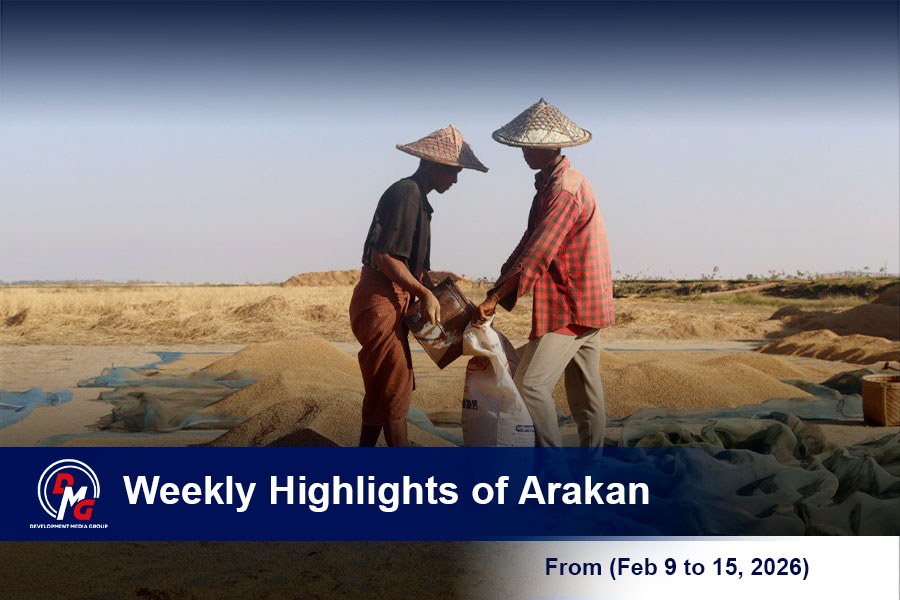
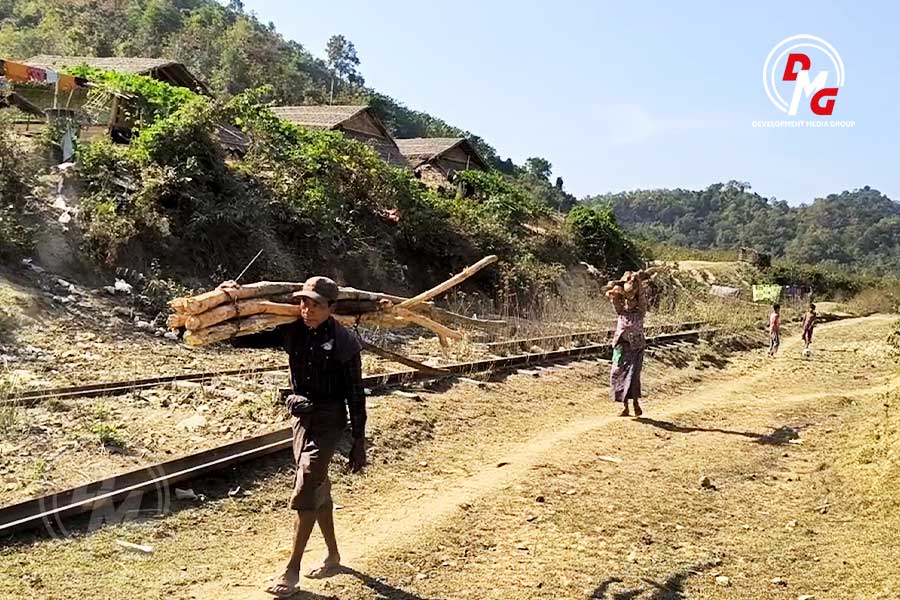
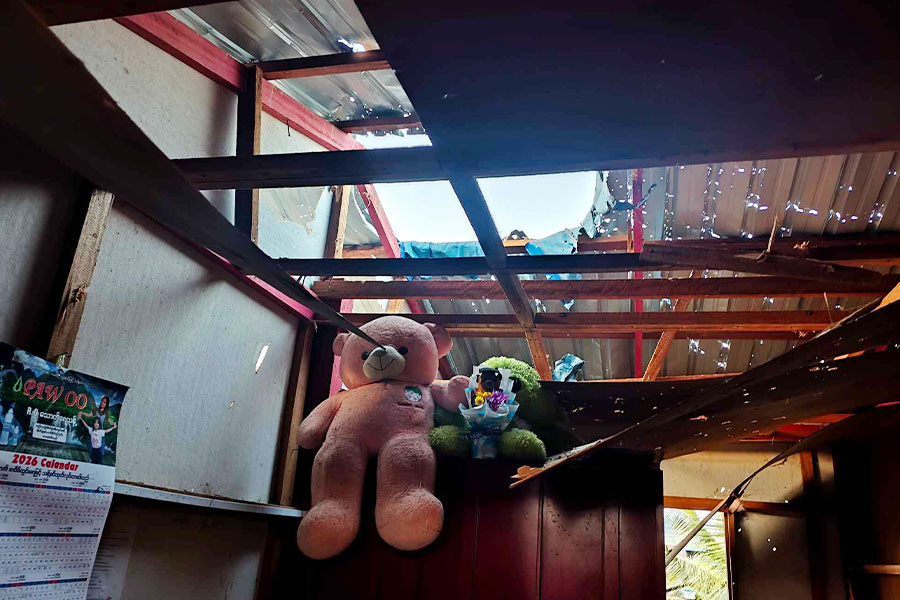







.jpg)
